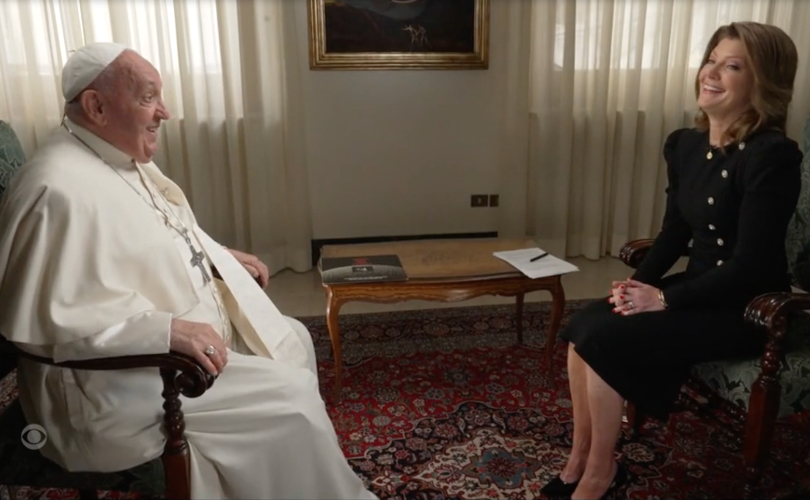https://hotair.com/david-strom/2022/12/26/there-is-absolutely-no-excuse-for-power-shortages-n520007
Power outages are usually the result of acts of God, or at the very least discrete events. Thunderstorms, hurricanes. Events we know will happen, but ones where the costs of hardening the grid outweigh the benefits of doing so. Resilience is built into the system by investing in infrastructure to repair damage in a reasonable period of time.
Power shortages, though, are a different beast. Shortages result from human failures, particularly a failure to plan for predictable increased need for power. Relying on intermittent power sources, insufficient backup, and failing to invest in reliability.
Life in the 21st century is built upon a foundation of abundant, affordable, and reliable energy. First world countries ensure all 3; and unless energy is abundant, affordable, and reliable it is impossible to retain 1st world status. It is almost impossible to live in a modern industrialized society without consistent access to power.
Europe is discovering this fact to its regret. Overreliance on an energy supply chain that began in Russia has crippled Europe this winter, and has led to the irony of “green” Europe burning coal at rates not seen in many years. No matter how “green” your goals, reliable energy is non-negotiable. And even with the vast expansion of “dirty” energy there isn’t enough to go around.
Here in America millions of Americans have been enduring energy shortages over the Christmas weekend. While there have been storms, the culprit is not an unpredictable Act of God but predictable cold weather. Rolling blackouts are the result of faulty planning–the kind easily avoided if the people in charge cared to do so. Focusing on abundant capacity would have prevented the problems people are experiencing.
The federal government has been pouring hundreds of billions of dollars into infrastructure investments, but the goal has been to implement a “green new deal,” not to ensure that our electrical grid is optimally reliable for the end customers. This is malfeasance. And given that the “green” ambitions of our ruling class requires the electrification of everything, it is difficult to believe that there isn’t a level of intentionality.
The goal has been to move from reliable base load power to less reliable “renewable” energy sources. It is easy to assume that the powers-that-be are simply too optimistic about how reliable green power can be, but perhaps that is being too kind. At best, they don’t care whether it is reliable. At worst, they intend to produce shortages to constrain our mobility, shrink our living spaces, and even socialize the provision of heat and electricity.
It is hard not to notice that when heat becomes scarce, people are forced to congregate. Heat is becoming a socialized good in some places. And of course if our mobility becomes reliant on scarce energy, that longed-for transition to socialized mobility (transit) becomes inevitable. It isn’t electric cars that they want us to use, but transit. If you can’t charge that nice electric vehicle, what choice do you have?
There is nothing inherently evil about a transformation to “greener” energy, if it can satisfy the basic requirements of being reliable, abundant, and inexpensive. It simply hasn’t proven to be so. Small experiments with different ways of delivering power even make sense–our current grid isn’t exactly the result of a vibrant free market driven by innovation. It is old, clunky, highly regulated, and ad hoc.
It seems likely to me that we can do better, but the requirement has to be that it is better. What we are transitioning to is worse. And it is worse because policymakers are making it worse, on purpose or not.
I’d be all for wind, solar, unicorn farts, or any form of energy that fulfills the basic requirements. Obviously cleaner is better than dirtier, and cheaper is better than more expensive. If it works and makes life better for everybody then I am all for it.
Our leaders clearly are not. Nuclear fission is the obvious choice for base load power. You can’t really use nuclear for peaking power, but it is superb as a solution for providing the first 80% or so of power generation. Yet despite the obviousness of this fact regulations have inhibited its implementation for decades.
Combining gas and nuclear to ensure reliability and abundance wouldn’t prevent experimentation with other forms of energy generation–it would just lower the social cost of doing so. The only reason we haven’t gone in this direction is that the Elite wants to put pressure on the system to encourage bad investments in less reliable forms of energy. If you only allow the use of “green” energy in new generating capacity, then green energy it is.
Even if it doesn’t provide what we need when we need it.
I don’t believe the best case scenario regarding the intentions of our leaders. I think they are hostile to abundance, and that limiting mobility is a key goal. California sorta proves this: phasing out fossil fuel vehicles while simultaneously ensuring that there isn’t enough power to charge electric vehicles is a pretty obvious tell.
If it sounds crazy to assert that our leaders would choose decline, I get it. But there are plenty of examples where countries have done it. Venezuela, Cuba, China in the 50s and 60s, the Soviet Union all chose to follow policies that made life worse for ideological reasons. Many countries moved backwards after the end of colonialism.
Decline is usually a choice, and rarely costs the elite anything. Often it enriches them. Hugo Chavez died a billionaire. Daniel Ortega, an avowed communist, left government a very wealthy man. No tyrant is ever poor, and neither are their cronies.
People don’t choose poverty for themselves, but the power hungry often choose it for others. A vibrant middle class is difficult to manage. People living a life of drudgery less so.



